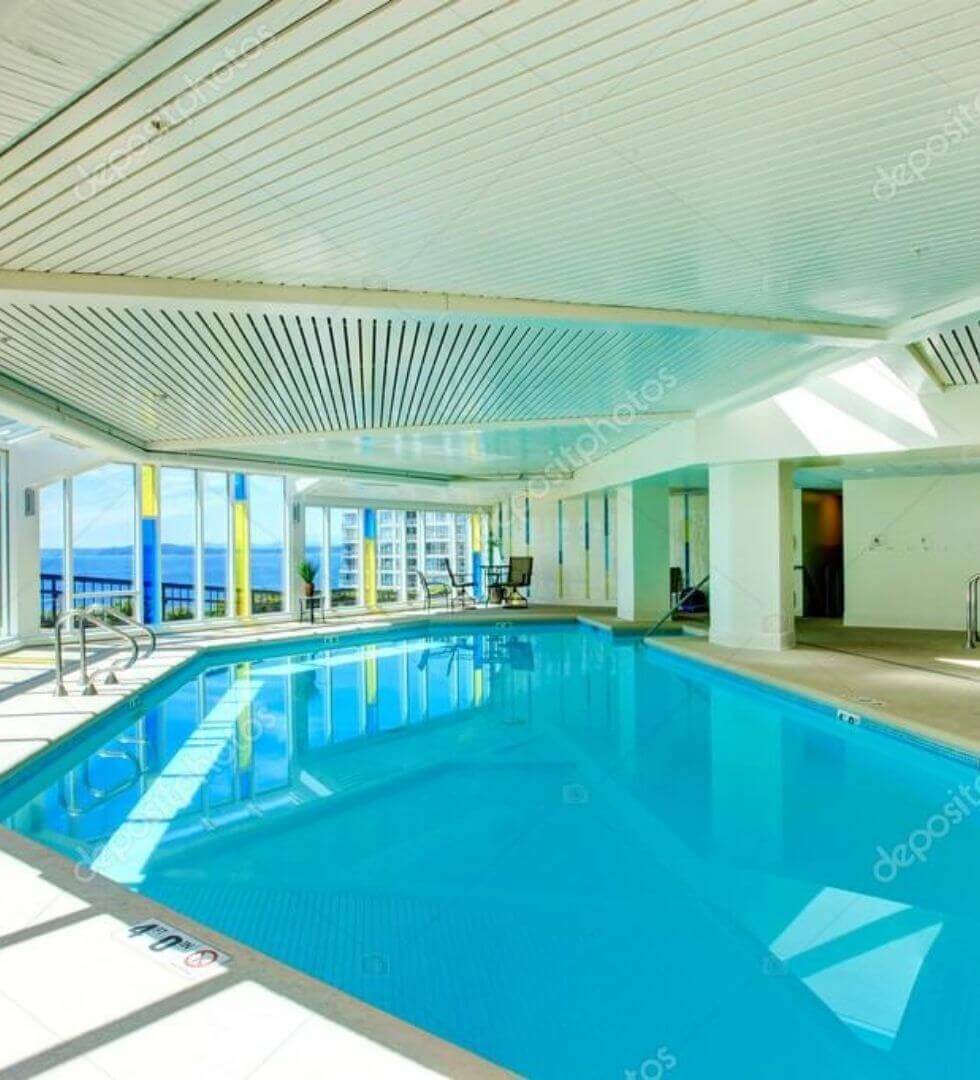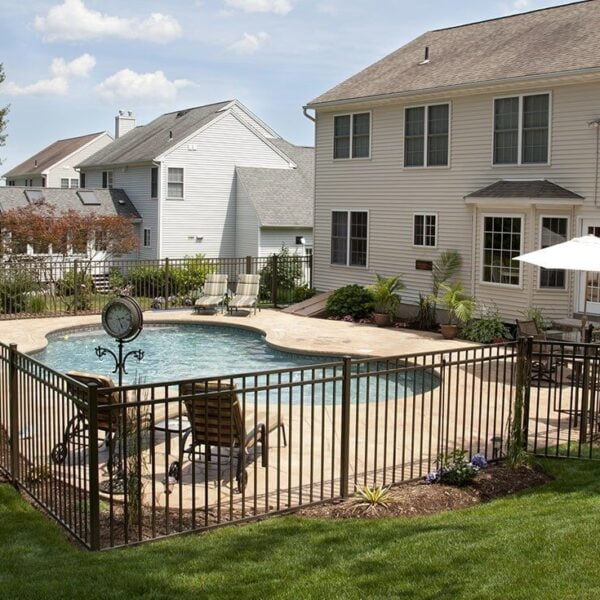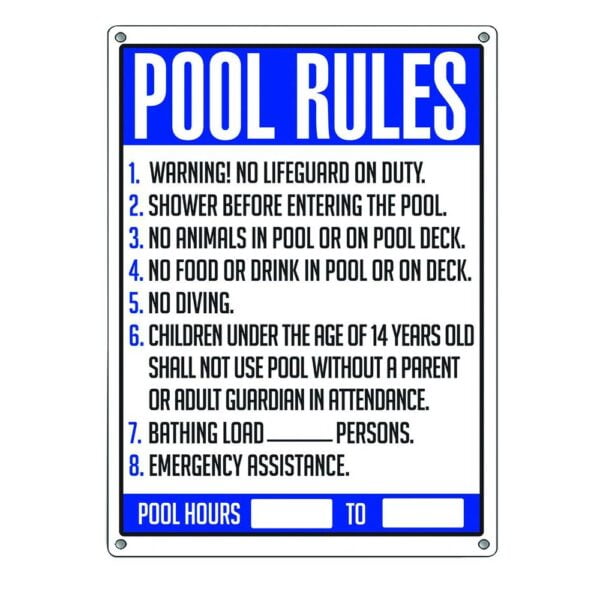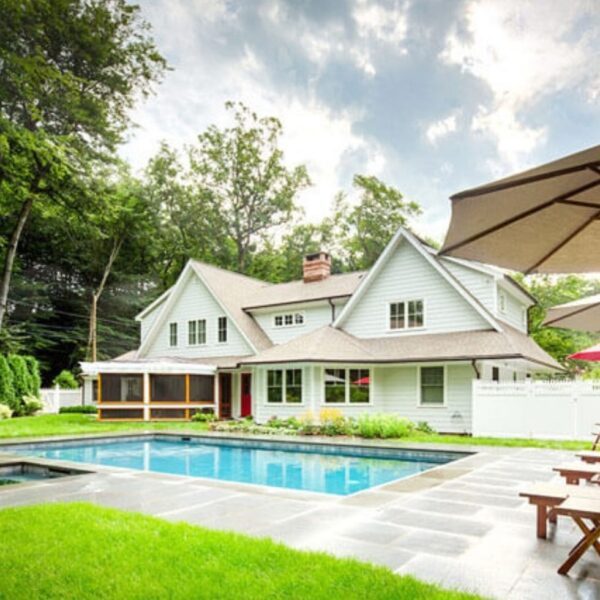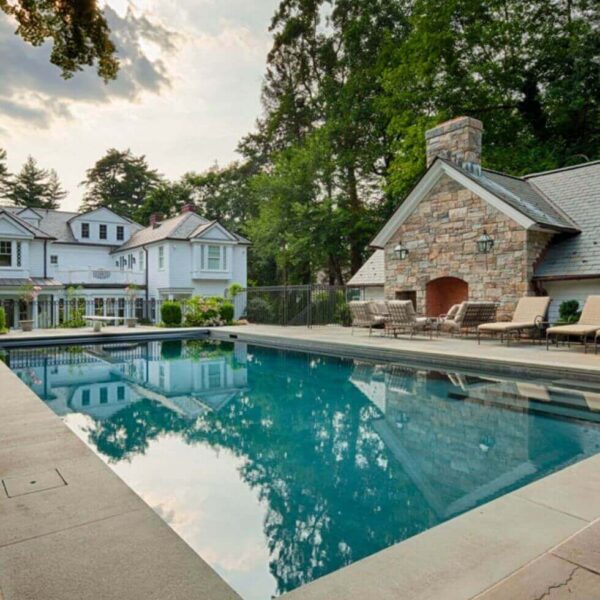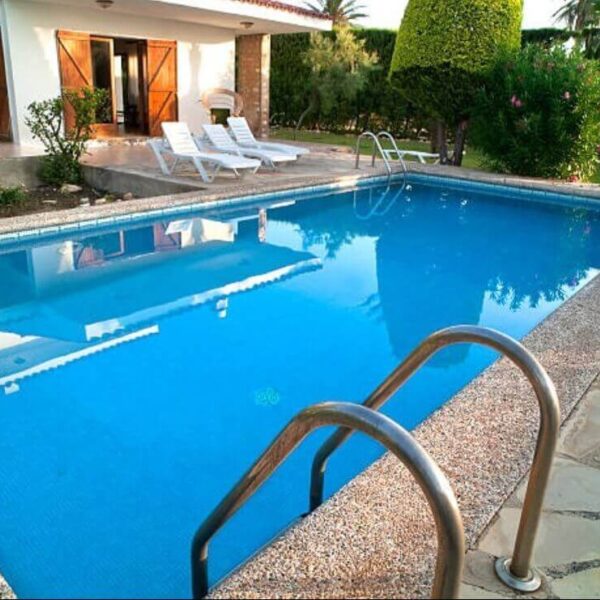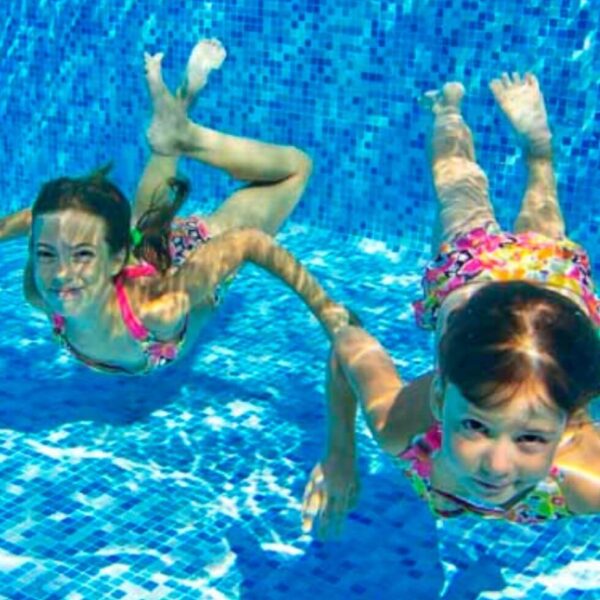The 2022 North Carolina residential swimming pool regulations are official for the safety of the pool owners and everyone at home that will be using the pool.
The state of North Carolina expects every homeowner to ensure they follow every residential swimming pool regulation. Failure to do so will come with consequences should an issue occur in the pool.
Table of Contents
North Carolina Residential Swimming Pool Regulations
Every residential swimming pool in North Carolina must have:
- A permit before starting the construction of the pool. You cannot build and complete a swimming pool in North Carolina without first getting a permit to build the pool, electrical permit, and wiring permit.
- All residential swimming pools in North Carolina must erect a protective barrier to prevent accidental drownings. This is important considering that children are always at home after school.
- The swimming pool barrier shall be at least 48 inches above the ground measured on the side of the barrier which faces away from the swimming pool.
- When erecting the barrier, the maximum vertical clearance between the grade and bottom of the barrier shall be two inches measured on the side of the barrier which faces away from the swimming pool.
- If the type of residential swimming pool you wish to have is an above-ground pool, then the barrier may be at ground level such as the pool structure or mounted on top of the pool structure. If mounted on a pool structure, it should have at least four inches maximum vertical clearance.
- If the type of barrier you wish to use as an opening, do not let the opening allow the passage of a four-inch diameter sphere.
- Ensure that there is no protrusion, cavity, or any physical characteristics near the pool to avoid serving as a foothold or handhold for children to get into the pool in your absence except when the protrusion is for construction purposes. Once the pool construction is completed, you can remove it immediately.
- If you decide to use a chain-link fence as a barrier for the pool, then you must ensure that the maximum mesh size should be one and one-fourth-inch square except if the fence is provided with slats fastened at the top or the bottom which reduces the openings to not more than one and three-fourths inches.
- The swimming pool barrier or fence must have a gate that will provide access to the pool. The gate must have a locking device and shall be locked at all times when the pool is not in use. It will be great if you hide the keys far from the reach of your children.
- The swimming pool gate shall also have a self-latching device that is placed no lower than 54 inches from the bottom of the gate or if it is located less than 54 inches from the bottom of the gate, it shall be located on the poolside of the gate at least three inches below the top of the gate.
- Make sure that the pool barrier and gate do not have an opening greater than one-half inch within 18 of the release mechanism. This is to ensure that your child doesn’t get trapped in the gap while trying to sneak into the swimming pool in your absence.
- If you prefer to use a part of your home fence as a barrier, then you must ensure to have a powered safety cover in the pool in compliance with the ASTM. If there is a door within this fence that has direct access to the pool, then you must install an alarm that produces an audible warning when the door is opened.
- The alarm to be installed shall sound continuously for a minimum of 30 seconds immediately after the door is opened so that anybody inside or within the house can hear the alarm and take quick action.
- Ensure that the person building the swimming pool for you is a licensed swimming pool installer. You must make use of a company or a person who has a license to install a pool.
- The alarm will also serve as a deterrence when you are away for work or a trip with your family. An intruder may not be able to successfully enter to use your pool.
However, these are the North Carolina residential swimming pool regulations and codes. This is the state code.
However, it is important to note that some counties or local areas, or cities usually have different regulations that conform with the state and federal regulations. The idea is to fill in the gap the state failed to do for the safety of the people of the city.
In this case, you are urged to verify if your city has its own residential swimming pool regulations, if they do. Please disregard the state rules and follow the city rules.
This is because the city rules are the same thing as the state and federal rules just that more safety measures the city authorities believed are suitable for people of the city are added to the regulations.
Also, you must know that as far as residential swimming pool regulations are concerned, every city’s rules differ from the other.
Therefore, while they might seem similar, it is better to use the rules made for your own city to avoid having issues when inspectors come to inspect the pool.
Also, note that these regulations and swimming pool laws are subject to change at any time. You are advised to call the appropriate authority in your city to inquire from them. If you are in North Carolina, check out if shipping container homes are legal in North Carolina.
Do You Need to Have a Fence Around a Pool In North Carolina?
Yes, you must have a pool around your residential swimming pool in North Carolina. The pool fence must not have a gap that can enable child access to the pool, must not have a protrusion that can serve as a foothold or handhold, and must have a self-closing and self-latching door.
Permit for Residential Swimming Pool in North Carolina
You need to obtain a permit to install a swimming pool in your house in North Carolina. The permits needed for the swimming pool are the building permits, electrical permits, and plumbing permits.
Final Thoughts
A word they say is enough for the wise. The reasons for these North Carolina residential swimming pool regulations are to promote safety, to ensure that homeowners do not build a death trap in the name of a swimming pool. Please follow all these regulations in good faith for your own good.

